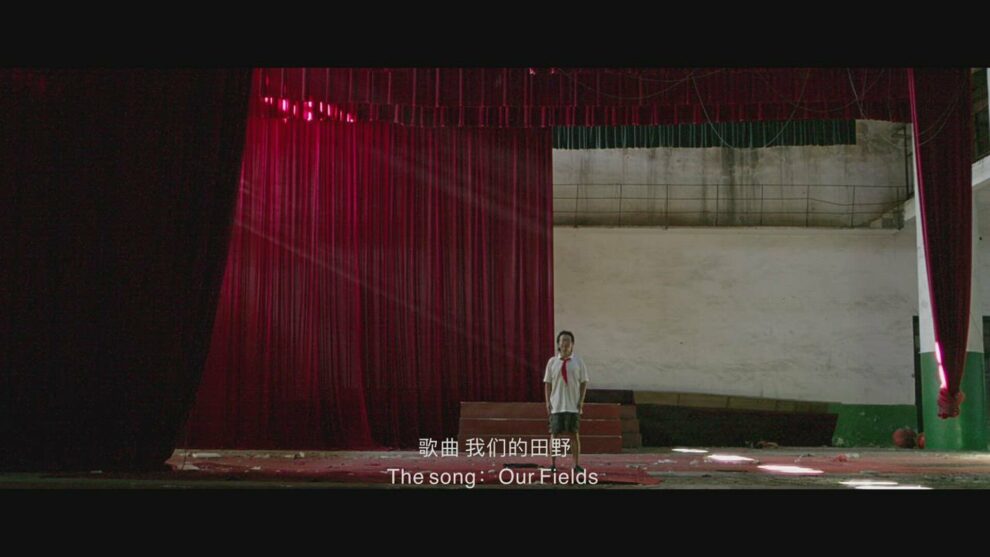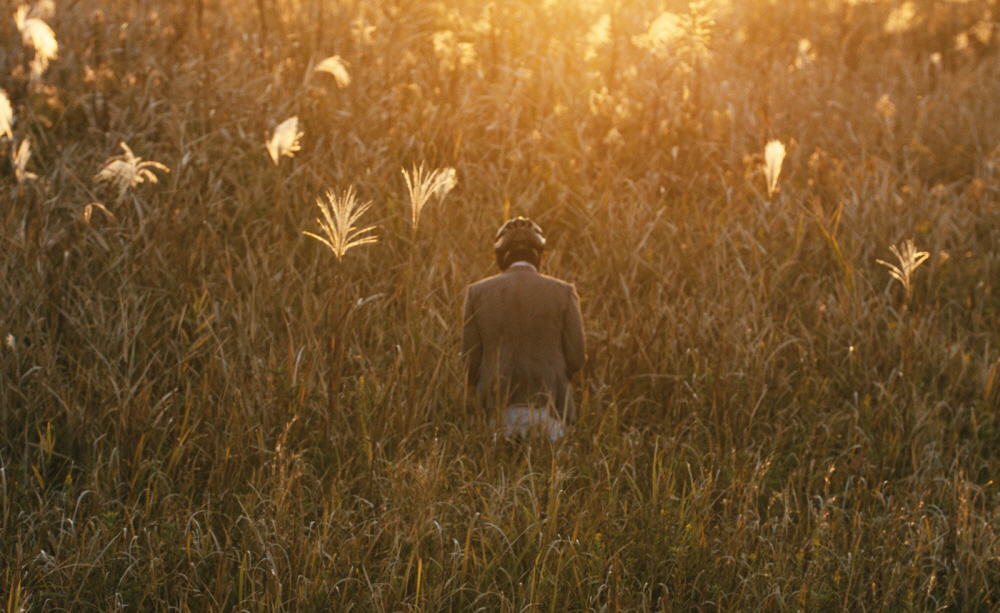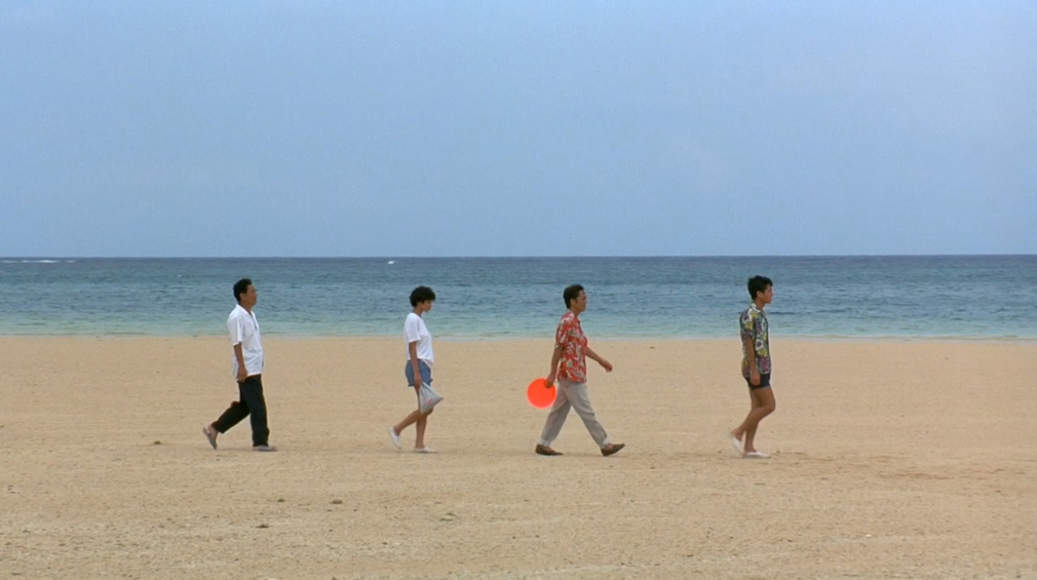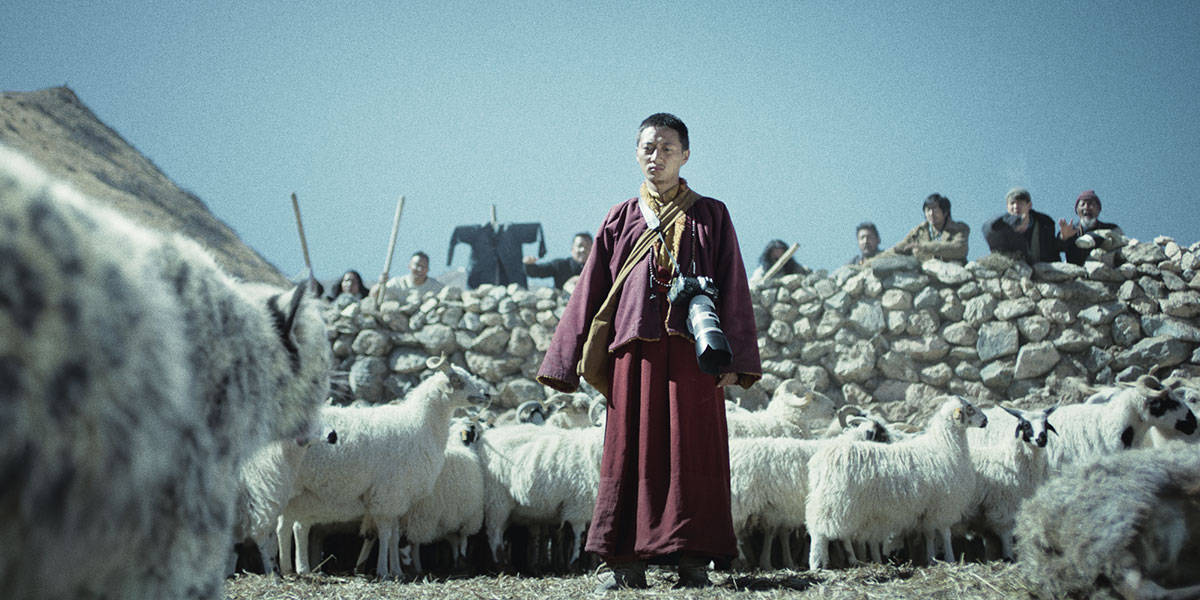What is poetry? For some it is merely a matter of form, which supports the content or the theme the poet addresses. At the same time, sticking purely to the form is a bit short-sighted as – like with all literature – it can transform people, places and even time, seeking something beautiful, noteworthy or insightful, which then can transform the reader as he/she now has a new perspective on the world. While there is this notion that poetry has to be about beauty and form, this definition does not fully appreciate what poets can do, if they have the necessary skills. In a way, this somewhat banal description may serve as a solid foundation when approaching Guo Zhenming's documentary “Tedious Days and Nights”, a story of a poet coming back to his hometown, only to find it in a state of decay, mirroring his own physical condition.
Tedious Days and Nights is screening at Singapore International Film Festival

As the feature begins, we are already in the middle of the poet Zeng Dekuang assessing the damage done to his home. Living in a tiny flat with a friend of his (?), he has grown accustomed to a routine of visiting a barber shop to strike a conversation, going into local bars and getting hammered, and eventually going to some of the prostitutes. In between, he finds the time to go to some of the places which were once important in his childhood and youth, such as a run-down theatre where he seemingly re-enacts shows and festivities and even recites some songs celebrating the efforts of Mao's Party.
Very little happens during 110 minutes of running time, and you will be easily tempted to leave the cinema during a screening of Zhenming's feature more than once. Apart from the aforementioned routine, Dekuang and the people he meets day by day are a rather illustrious collage of misfits, degenerates, drunks and weirdos, with him being perhaps the star of the show. Walking slowly through his apartment and often showing his private parts into the camera, we can see him (and his friends) often debase themselves as a result of their drunkenness. There are some moments, which are quite disgusting and thus challenging to look at, as any sense of dignity is gone, when for example he successfully tries to burn his pubic hair using a small lighter, with one of his friends eagerly watching.
You cannot help but notice a sense of voyeurism in these moments, especially since the camera seems to share some kind of delight in showing you these facets of filth and absurdist debasement. At the same time, there is another layer to the visuals and the cast of misfits, which indeed finds points of beauty, peace and comedy in this decrepit landscape. The poet, much like the camera, seems to be looking for a promised future, an echo from the past voiced by Mao and other party officials, an integral part of the songs Dekuang recites in the empty theatre. Just like the protagonists of Samuel Beckett's famous play, they are waiting for the arrival of something, meanwhile trying to kill time as best as they can and delving more and more into the abyss of absurdity. As the poet's hometown resembles an industrial ruin, there are the reminders of the past, absurd promises of a better future, which never came, but which some people still seem to await. It is an acrid depiction of lost hope as well as a poetic view on the connection of the past and the present, whose moments of beauty derive from the strength of the words and a certain notion of resistance.
In the end, “Tedious Days and Nights” is a documentary which is certainly not for everyone given its images. At the same time, Guo Zhenming manages to tell the story of a reconnection with the past, the promises once voiced by political leaders and a dire look at the present.















